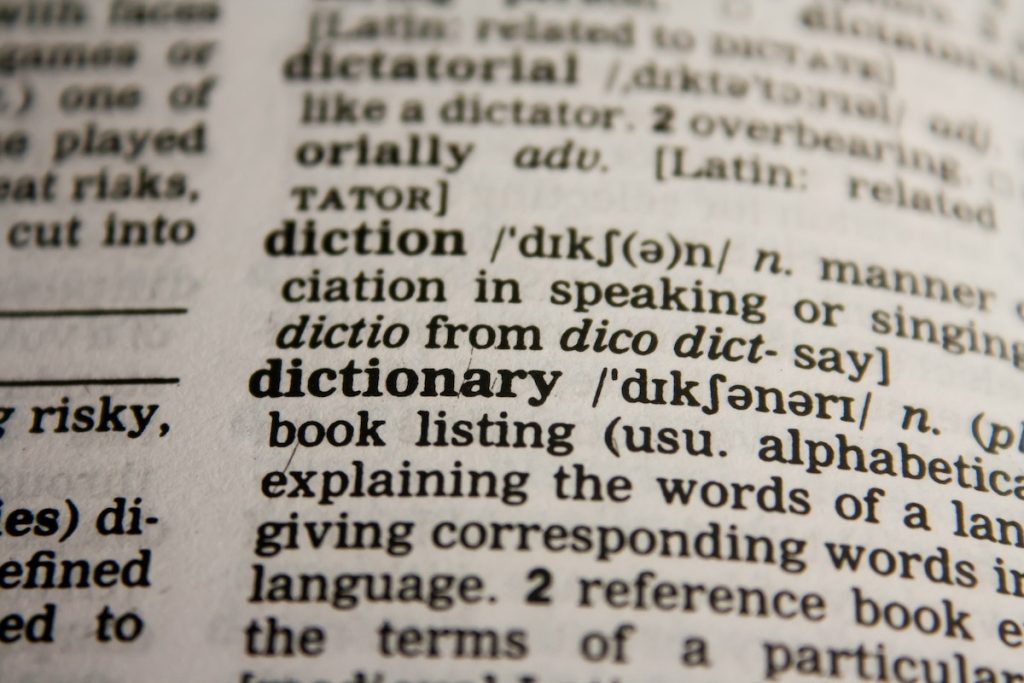Language is a remarkable medium that connects people, cultures, and ideas. Vernacular and vocabulary are two topics that everyone learner should have a clear command of. But what exactly do these terms mean, and why should you learn both? Let’s break it down for you in a way that’s clear and easy to understand.
Think of vernacular as the language of a particular community or region. It’s the expression of cultural identity, passed down through generations.
Now, let’s turn our attention to vocabulary – the building blocks of communication. Vocabulary refers to the words and phrases we use to express our thoughts and ideas. It’s what empowers you to articulate yourself with precision and clarity in English.
Still not clear enough? Keep reading as we explore the two terms more. We’ll learn these two terms, how these two facets enhances your understanding, communication effectiveness, and contribute to a good English skill.
Let’s jump in.
The Power of Vernacular: What is Vernacular?
Vernacular is the way a language courses through the veins of a particular community, or in a particular region. It is usually passed down from one generation to the next. The term represents more than just a way of communication; it is an inheritance that ties individuals to their cultural heritage, beliefs, and traditions.
Take Jamaican Patois vernacular for example. It is one of the most colorful vernaculars spoken in Jamaica. This language, born out of a fusion of English, West African languages, and other influences, provides a gateway to the vibrant Caribbean culture. Learning Jamaican Patois allows you to immerse yourself in the rhythms of reggae music, savor the flavors of Jamaican cuisine, and connect on a deeper level with the warmth and hospitality of its people.
Let’s see one example. In this vernacular, “Mi deh ya” means “I am here” or “I am present,” expressing one’s physical presence in a particular location. “Wha mek yuh a move so?” – This phrase means “Why are you behaving that way?” or “What’s the reason behind your actions?”

Vernacular extends beyond geographical regions and permeates various professional communities as well. Consider the medical field, with its distinct jargon and terminology. That is a vernacular too. If you familiarize yourself with the vernacular specific to a professional field, you gain a significant advantage within that specialized domain.
The beauty of vernacular lies in its ability to forge connections, preserve identity, and foster a sense of belonging.
Vocabulary: The building Blocks of Communication
Vocabulary is the backbone of any language. In English language, it serves as the foundation for effective communication. Vocabulary basically refers to the collection of words and phrases that are utilized to express thoughts, ideas, and emotions with clear expressions. It enables you to articulate yourself with precision and clarity.
When you have a wide range of words at your disposal, you can effectively convey your intentions and convey nuanced meanings.
For instance, instead of saying, “She wore a nice dress,” if you say “She wore an exquisite dress” – it not only captures the attention but also paints a more vivid picture in the listener’s mind. The word “exquisite” suggests that the dress is not merely pleasant or attractive, but it possesses a level of exceptional beauty and craftsmanship that sets it apart.
A strong vocabulary is essential for several reasons, and it is ideal to have this learnt from a small age. But it can be learnt at any age – with practice. Thanks to tools like the Vocavive mobile app, you can master your vocabulary in many interactive ways.
It can equip you with the tools to engage with a wide range of topics, from academic subjects to everyday conversations, enabling you to participate actively in various social and professional contexts. It can also foster creativity — just as a painter relies on a broad palette of colors to create vivid artwork.
Practical Steps to Master Vernacular and Vocabulary
Now that we understand the importance of both vernacular and vocabulary, let’s talk about the approaches you should have for these two topics.
The most effective way to immerse yourself in vernacular is just very simple — engaging with native speakers. For example, if you go to the Texas state in the United States, there is no other better way to speak the vernacular than Interacting with those who speak it. This will give you exposure to authentic language usage, which you can’t get from anywhere else.
Seek conversations and interactions with native speakers to better understand the nuances, idioms, and expressions specific to the vernacular. Go to the local stores there, or a cafe. Engage in conversations with the native people out there. Doing so will help you learn the vernacular and understand the values of the people in that region fast.
For vocabulary, there are a lot of helpful resources available, such as the Vocavive app. A mobile app like Vocavive app is most recommended because it can offer you a digital solution in today’s digital age. The app includes interactive exercises, flashcards, and word lists tailored for vocabulary building. Regularly utilize the app to learn and retain new words effectively.

In addition to using dedicated vocabulary apps, reading extensively is key. Immerse yourself in books, articles, and online content to encounter diverse vocabulary in context. By exploring different genres, you expose yourself to a wider range of words and phrases.
Setting achievable goals is essential for your English learning journey. It is the same for vernacular and vocabulary too. Since language learning is a constant process, you can not get result in just 1 or 2 months. Break down your goals into manageable tasks and celebrate each little progress you make.
Wrapping Up
In conclusion, mastering both vernacular and vocabulary is important. As we wrote it, vernacular connects us to our cultural roots, while vocabulary serves as the foundation of your language skill.
Practice is the biggest element you need to own. By engaging with native speakers for vernacular, and utilizing resources like Vocavive for vocabulary building, you can unlock the key to solidify your communication in English. Practice, whether through conversations, writing, or reading extensively, is everything.
Stay with Edvive.


